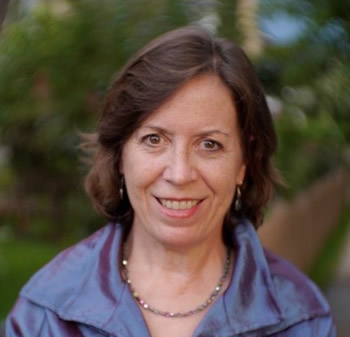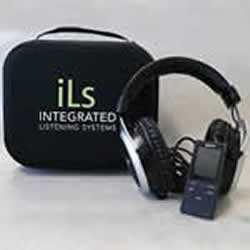The Handbook of Body Psychotherapy and Somatic Psychology: A Day Long Celebration
Nancy Eichhorn offers her experience listening to six speakers’ viewpoints at the day long celebration honoring The Handbook of Body Psychotherapy and Somatic Psychology in a four-part blog posting with some longer writings and some short eclipses of the content shared. As well, she hopes to reflect their collective themes that resonated with William Cornell’s call for institutions to train ‘embodied’ psychotherapists rather than body psychotherapists—a play on the aliveness of the adjective rather than the solid structural nature of a noun.
Addressing Sexuality in Bioenergetic Therapy
Embodied sexuality can provide some of the best of what life has to offer including feelings of pleasure, connection and satisfaction. For many people, however, sexuality has led to some of life’s worst experiences—violations, broken connections, and traumas that lead to feelings of shame and guilt. Culturally, we have confused sexuality with how our bodies look rather than how we feel. Helping people restore healthy sexuality, defined as a specific state of vitality in the body, is a central focus of Bioenergetic Therapy.
Into the Void: A Journey of Longing, Love and Eros
I am about to take two risks. The first is a great big leap into the unknown; at age 62 I have decided to end a marriage of 30 years. The second is to begin this article with this disclosure, which I have chosen to do because alongside my vulnerability is an energetic expansion and a clarity related to the decision to let go. To let go of what is known in my life and allow myself to be guided by inner truth into a void. To move into the unknown with trust in my heart knowing that this is a move toward love.
Dancing with Gravity
To be human means to orient vertically; it is our most fundamental human orientation. We live the majority of our lives in a vertical posture, assuming the advantages and challenges of the evolutionary development of a vertical spine. From infancy on we don’t waste any time trying to get ourselves vertical. Place a baby on his stomach and one of his first movements is to raise his head. He doesn’t stop there. As soon as possible he proceeds to push up, sit up, and stand up.
Yet, integrated vertical standing is not a fixed and rigid state. Rather, it is a dynamic stance that makes continual fine adjustments in gravity. This continual stable motion in our posture and internal organs rouses information in the form of emotions, memories, thoughts and sensations.
Eugene Gendlin, Somatic Pioneer
One of the most important and influential figures in somatic psychology is… a philosopher. Odd? Actually not. Because the more we learn about Eugene Gendlin’s revolutionary philosophy of the body, the more it makes sense that he is known as one of the originators of modern body-oriented psychotherapy.
On the Significance of “Bodymind” Visioning for the Profession and for the Planet
Having accepted her kind invitation to offer the Thursday Keynote at the 2016 USABP Conference, I pondered how to respond to President Beth Haessig's request that I say something that will help bodymind psychotherapists and somatic healers to comprehend, more broadly and more deeply than some do, the crucial importance of their work, and the visions that it might represent. That is, going beyond the healing offered to individuals and small groups who benefit from our professional practices, what is the more general, historical and cultural significance of the "bodymind" movement? Although I have not yet planned my talk, I am considering a free‑wheeling exploration of the ways in which healing must address—directly or indirectly, somatically and spiritually—the distinctive human capacity for hatred.
ECHOs in Bosnia and Beyond
As the twentieth anniversary of war in Bosnia—Herzegovina looms, many civilian survivors remain traumatised by the events they experienced and/or witnessed. Following the end of the war, the ensuing social and political upheaval and lack of resources have resulted in chronic emotional issues and mental health problems within the civilian population.
What Language Does Your Body Speak: Some Thoughts on Somatic Psychotherapies in International Contexts
I have begun to ask myself an orienting question that serves more as an ongoing inquiry to assist me to re-organize the work, as needed, versus a question that always has a clear answer: What language does my body speak?
Polyvagal Blues
Stephen Porges's Polyvagal Theory has become synonymous with social engagement and our threat-versus-safety survival mechanism. His work continues to evolve, the reach of his content foundational for many studies and methodologies. And now, a song!
A Flood of Blessings
A month ago, a pipe burst in an upstairs wall in my home. Fortunately, the small space where SPT is created was spared while the rest of my home was inundated with water and the resultant outcomes (ceiling collapse, walls torn out, flooring removed, personal property damaged, destroyed). That experience, combined with the now four weeks of frustration due to frigid temperatures (think 45 mph winds gusting through open walls; even my cement Buddha scrunched its shoulders up tighter to ward off the freeze) and frozen communications with the company hired to do the mitigation and restoration work, resulted in intense feelings of powerlessness (a familiar feeling from long ago).














